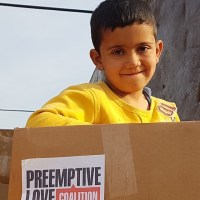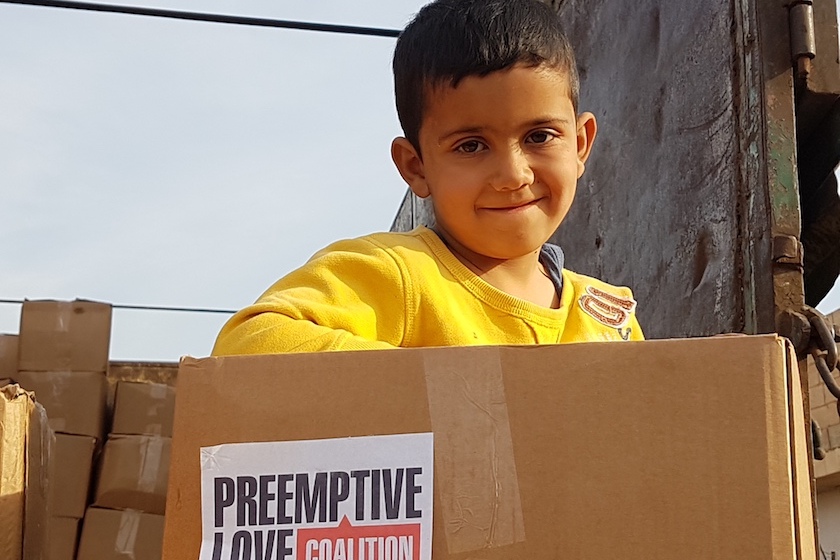Every food delivery in a war zone like Aleppo or Mosul is difficult. But some are especially hard.
This delivery in west Mosul was one of the especially hard ones.
We had a plan. Our team was ready, volunteers were in position, security checked out. And then we got the call… things were changing on the ground. People were moving, communities we planned to visit had already gotten food, and the true need—the people who needed help most desperately—they were closer in, nearer to the frontline.
A colonel in Iraq’s elite Golden Division pulled out his phone and traced a thick finger across a map of Mosul. He pointed at a neighborhood hugging the front line.
“The people here haven’t haven’t gotten anything yet. You said you want to help people with the most need? That’s these people.”
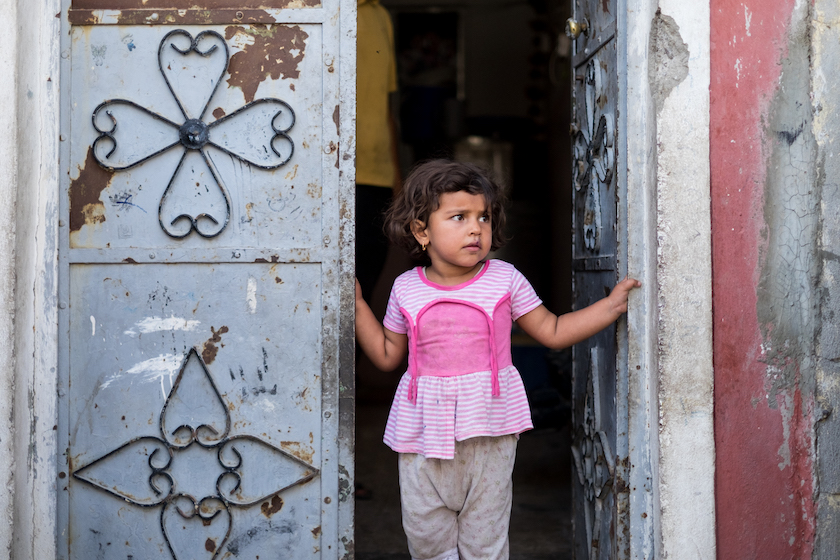
We talked it over outside the colonel’s office and agreed: We need to do this, but we also need a clear plan. We spent a few minutes making one, then we loaded up and followed the humvees toward the newly-secured neighborhood—further in, closer to the fight with ISIS.
We’d planned to hand out food from a sheltered position like a school or a mosque, where we could make sure everyone got their share in a safe, orderly fashion. Instead, we had to unload our trucks in the open, as families pushed and prodded, fearful they would miss out.
After weeks without food, who could blame them? If my wife and two kids were that hungry, you can be sure I’d be elbowing and arguing my way to the front of the line, too.
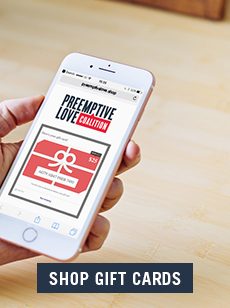

Our security detail did their best to manage the situation. They had humvees parked at the end of each road to block suicide car bombs from hitting our delivery. And to their credit, the soldiers never pointed their guns at anyone.
When things started getting tense, one young soldier took a minute to step away from the delivery, just to calm himself. He sat with us, joking about how this food delivery was as hard as fighting ISIS on the frontlines. Then he headed back into the fray.
Days like this are hard.
Honestly, I didn’t feel like writing about it. The knee-jerk response on days like these is to just move on, not talk about it, and plan to do better. But we’ve got to embrace the hard days, not ignore them, because they make us better… if we let them.
Because right now, we’re back in these front-line neighborhoods of Mosul, delivering more food, helping more people, and learning from our mistakes. It would be easier to ignore the hard days where things don’t go well, but that’s not what’s best for the people we are here to love.
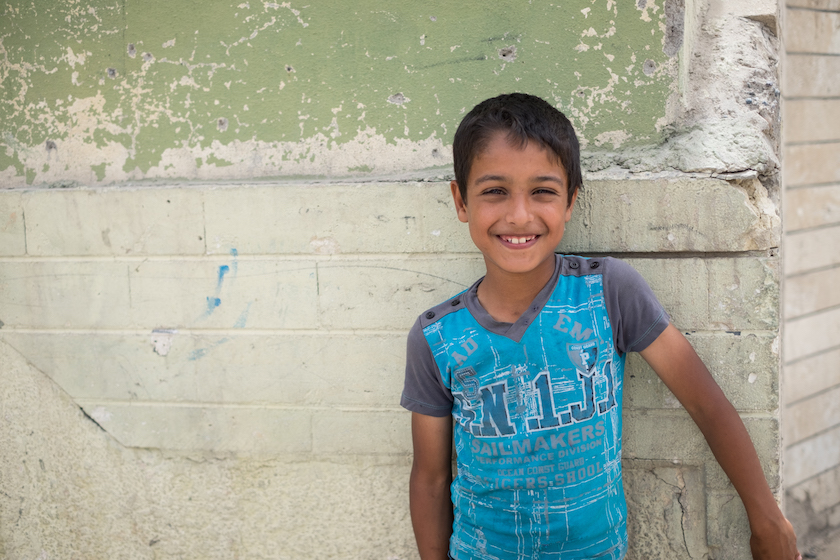
The people of Iraq and Syria need us to learn and to press on—much more than they need us to act like we have it all together.
So, in that spirit, your love is alive and well in this war zone. Tens of thousands have food tonight because you keep going, keep giving, and keep choosing to learn from hardship and to love anyway—because love keeps learning. Love keeps showing up.
Onward.

